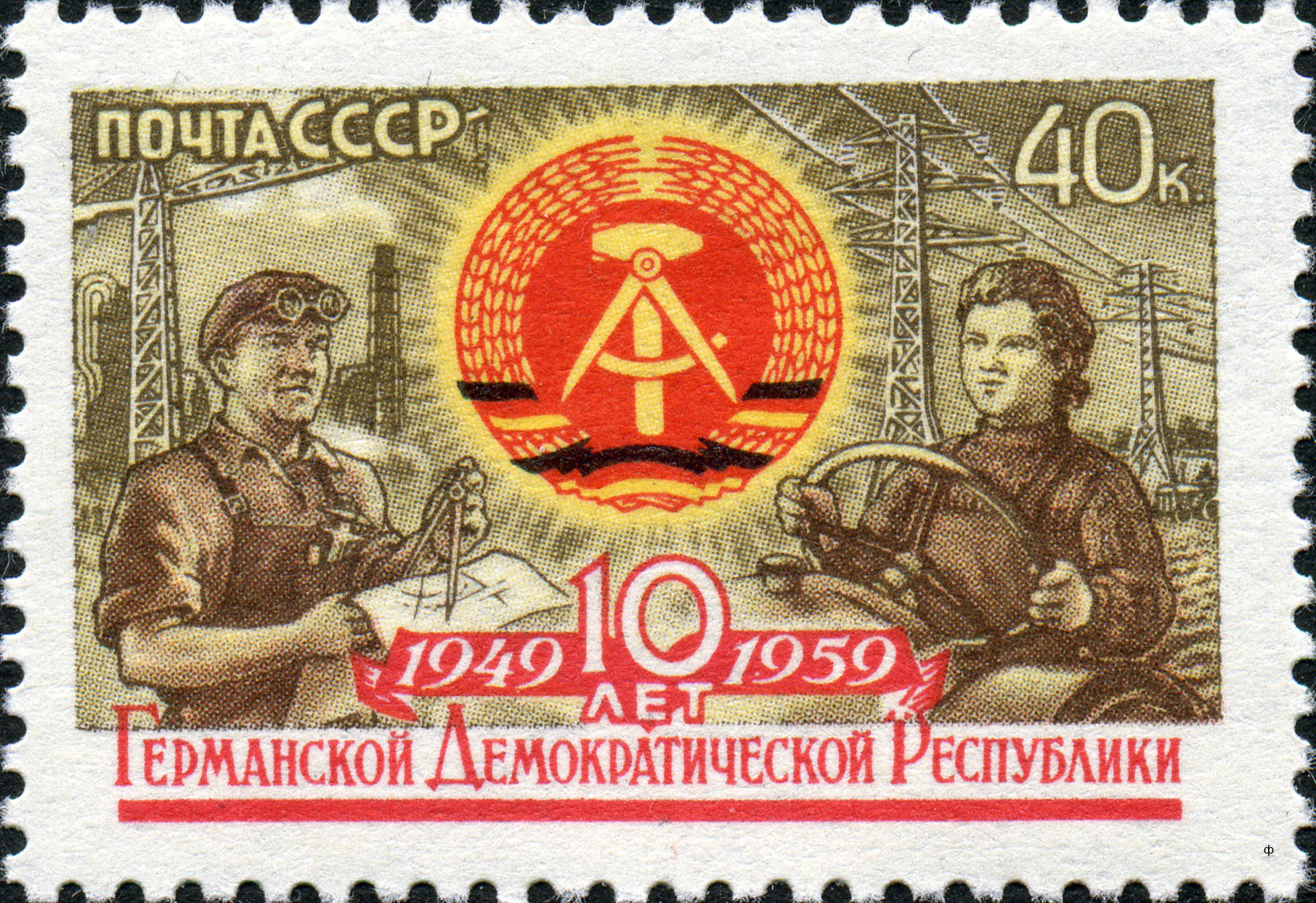East Germany–Soviet Union relations on:
[Wikipedia]
[Google]
[Amazon]
Throughout their existence East Germany and the Soviet Union maintained close diplomatic relations. The Soviet Union was the chief economic and political sponsor of East Germany.


History
In 1964,Anastas Mikoyan
Anastas Ivanovich Mikoyan (; russian: Анаста́с Ива́нович Микоя́н; hy, Անաստաս Հովհաննեսի Միկոյան; 25 November 1895 – 21 October 1978) was an Armenian Communist revolutionary, Old Bolshevik an ...
's 10–12 March trip to East Berlin
East Berlin was the ''de facto'' capital city of East Germany from 1949 to 1990. Formally, it was the Allied occupation zones in Germany, Soviet sector of Berlin, established in 1945. The American, British, and French sectors were known as ...
, ostensibly to celebrate the 70th birthday of inactive and ailing Premier Otto Grotewohl, was particularly curious in light of the fact- that no other bloc dignitaries of Mikoyan's rank attended. Mikoyan's appearance seemed to represent a Soviet effort to assuage East German fears on certain economic and military points of disagreement.
In 1963 the 13 June Soviet-GDR joint communique
A press release is an official statement delivered to members of the news media for the purpose of providing information, creating an official statement, or making an announcement directed for public release. Press releases are also considere ...
recorded Ulbricht's praise for Khrushchev's policy of "mutual example" in a manner that could be read as giving approval in principal to further Soviet efforts in that vein, including a reduction in the Soviet forces in East Germany.
Brezhnev era
On the day Khrushchev left for his vacation, East German Premier Willi Stoph made a sudden visit to Moscow and commenced an intensive three-day series of talks with Kosygin and other high-level Kremlin leaders. The timing of Stoph's visit, ostensibly for the purpose of opening an exhibit devoted to the 15th anniversary of the GDR. Then in rapid succession, Suslov and Brezhnev came forward with strong statements reassuring the East German leaders about Soviet intentions toward East Germany. Suslov made a flat no-sell-out pledge